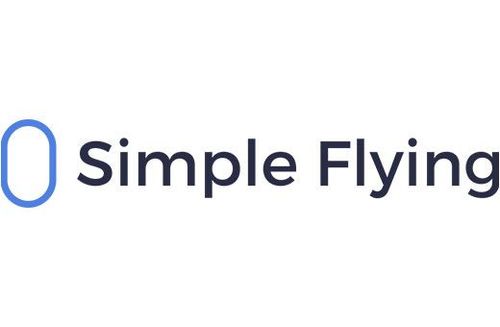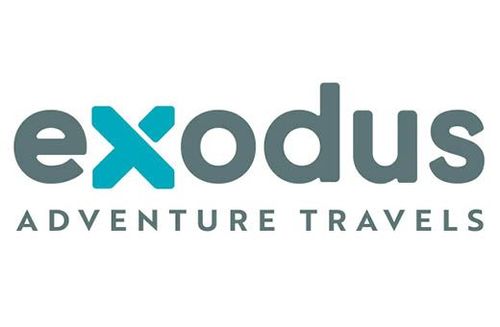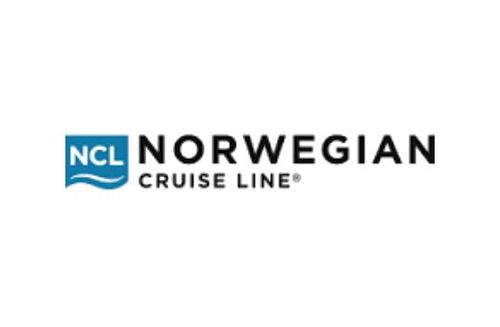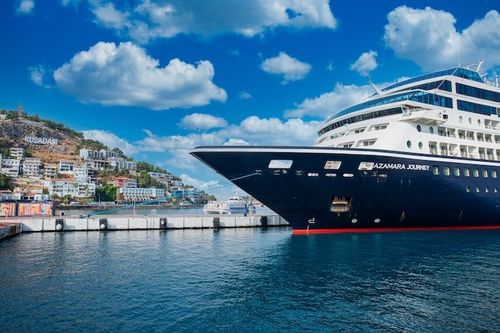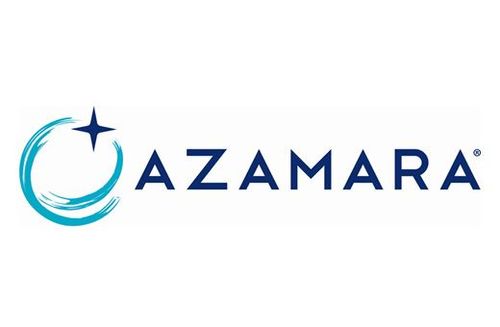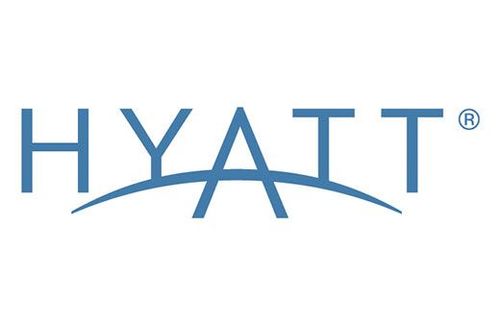Where travel agents earn, learn and save!
News / How American Airlines is dealing with overbooked flights
The airline has improved its record with denied boardings in recent years
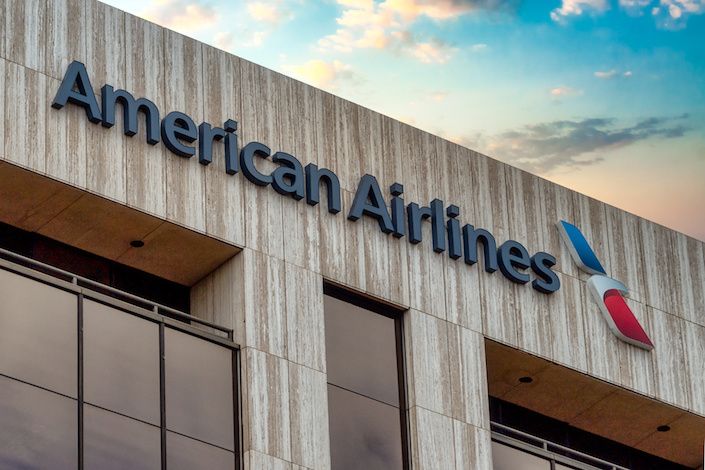
American Airlines executives recently shed some light on how the carrier has used automated technology to help it manage overbooked flights more optimally. Simple Flying takes a closer look at how American Airlines is dealing with overbooked flights.
Pre-removing customers
The practice of overbooking fares on flights helps airlines keep as close to 100% flight capacity as possible due to some passengers inevitably canceling or rescheduling. In other cases, oversold flights occur because a flight will switch to a smaller aircraft that offers fewer seats.
This can lead to disgruntled customers who find they cannot board their overbooked flights as there simply aren't enough seats onboard. It can also hit airlines hard both reputationally and financially, with carriers paying out compensation to those affected.
During an earnings call in April, American Airlines heads provided more details on how the airline is handling oversold flights.
Maya Leibman, Executive Vice President and Chief Information Officer, said, "Over the last several years, we've really improved our technology around essentially pre-removing customers. So either before they get to the airport, several days before they fly if we know that flight is at the risk of overselling, providing them an opportunity to bid or to take compensation, or even just move to a different flight that's probably a little bit better than the flight that they were previously scheduled on."
The goal is to reach customers before they arrive at the airport to minimize the number of denied boardings at the gate. However, this isn't always possible due to late changes, such as switching aircraft or late schedule changes.
Leibman added, "We have some pretty neat auction capabilities that allow the customer better opportunities to move around to other flights. And so, all of those things together have really helped improve our denied boarding statistics."
A Department of Transportation (DOT) report from 2019 looked at which US airlines deny the most passengers boarding and found that American Airlines was consistently one of the worst carriers.
Automated overbooking system
The carrier implemented its Overbooked Flight Automation tool in early 2019, which replaced its outdated system of calling customers. Before this, American would phone passengers and offer vouchers if they agreed to move to another flight.
Julie Rath, Vice President of Customer Experience, Innovation and Delivery at American, said, "[It was] not a great process. It didn't allow us as airlines to be able to reach as many customers as we'd like. We want to reach every customer, if at all possible, prior to getting to the airport so that we're valuing the customer's time."
The new automated system will email passengers and notify them through American's app if their flight is oversold and offer the option of moving to a different flight.
Vasu Raja, Senior Vice President and Chief Commercial Officer, said, "We are getting to a place where we are a lot better at predicting what the variability is. And with the technologies that we've got, we are proactively moving customers off so that we don't have the same level of denied boarding expense that we had in times past. And indeed, we're able to generate more revenue through the overbooking flights."
American Airlines' oversold policy
American Airlines has a clear policy on oversold flights laid out on its website. While the airline will first look for passengers to voluntarily move flights, if it can't find willing participants, it must choose which passengers to 'bump.'
To entice customers to give up their seats voluntarily, American will offer compensation "in a form and in an amount we think is fair." If the carrier must deny boarding, it will follow the DOT's compensation rules.
Compensation under DOT rules will be determined by the length of your delay arriving at your destination. If your delay is less than an hour, no compensation will be granted.
Within the US, delays of one-to-two hours will be granted 200% of one-way fares, which goes up to 400% for delays of over two hours. For international flights, one-to-four-hour delays will be offered 200% of one-way fares, going up to 400% for delays of over four hours.



